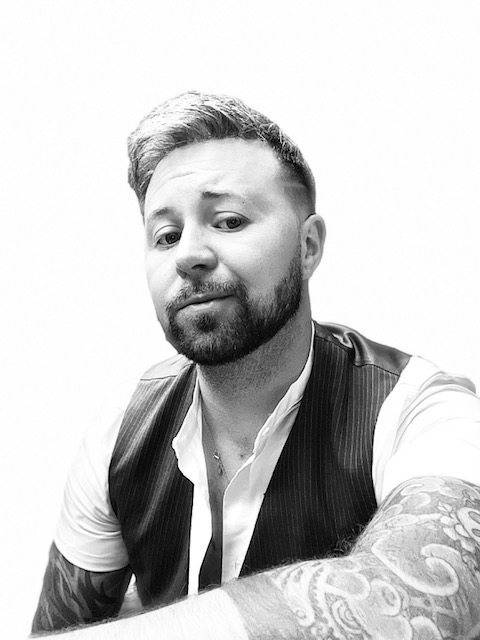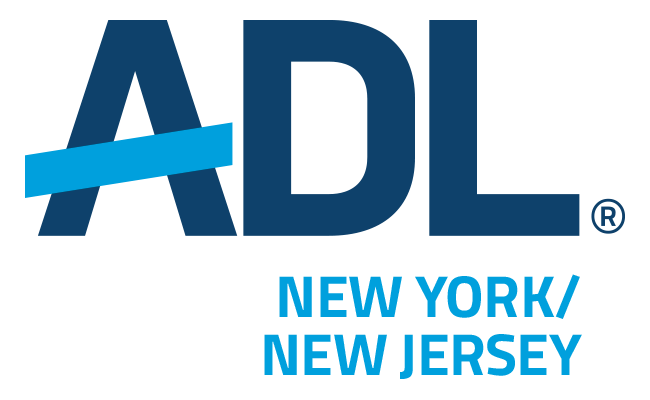In the New York/New Jersey Region, we are proud to be making a direct impact in our local schools and communities, and could not accomplish our important education work without the valuable support of our facilitators. We recently spoke with education facilitator Courtney D’Allaird, and asked them about their experience with ADL’s Education Programs, and the challenges associated with the current virtual environment:

Courtney D’Allaird
What drew you to pursue becoming a facilitator with ADL Education Programs?
As an educator in Higher Education, I really jumped at the chance to impact faculty and students in k-12. I love having these conversations on a college campus, and I know so many people who do not get to college because of their experience in k-12. Being able to have this conversation earlier in young peoples lives and give them tools and resources that I know they will use their entire lives is an incredible honor and deeply needed.
What impact have you seen ADL education programs have on an individual student, school, or community?
So often individual students or entire schools feel like they do not know where to start. They can agree that there is a problem but unsure that there is enough they can do to change it, especially not in the short run. Every time I work with the ADL education program I see that shift in attendee thinking! From half day to three day trainings, I have seen students eyes light up with aha moments and practical ways they can address bias and stereotypes with their peers right away. For faculty and staff who are often going through many trainings, mandated meetings and feel they are constantly being asked to add new/more things to their workload, I have seen them come in tense from all they are carrying and walk out asking for more!
How have the in-school and in-person programs pivoted during the pandemic and what have been the challenges or opportunities associated with that?
Everything is changing in the pandemic, and ADL has risen to meet those challenges. It has been truly inspiring to see how the ADL Education team has adapted the dynamic in person experience to the digital world, with a paralleling impact! Bias, bullying, racism etc. didn’t stop and yet our ability to reach students and faculty has changed. In some ways it’s been hard adapting technology and access as facilitators and as entire school systems. I think in general we all have a lot more compassion about the everyday realities of our lives and the way traditional education has trained us to teach/interact. In some ways online trainings have been more accessible, you can see many peoples faces, offer transcription, the right audio level, inclusive of students at home etc. in other ways you lose some of the tactile experience of interaction which I do love and value. Overall, online trainings have allowed us some real new opportunities to reach schools that were a farther distance to train, to reach faculty who have very busy lives and class schedules and to still bring students together to have dynamic discussions about things that are really effecting them everyday.
Has there been a specific experience within your role that has impacted you and what was that experience?
Every time I train with a new colleague or a new school I learn something. It’s humbling to know that every time I step out on these issues that I am also learning and growing in my own understanding. This entire experience has pushed me to grow so much as a facilitator, as a person, and as someone who seeks to fight bias and hate at every level. Being an ADL facilitator has challenged me to grow on issues I thought I was already strong in, because it showed me how interconnected oppression is and gave me the tools to start having the next level of that conversation in my own community, one towards collective liberation.

